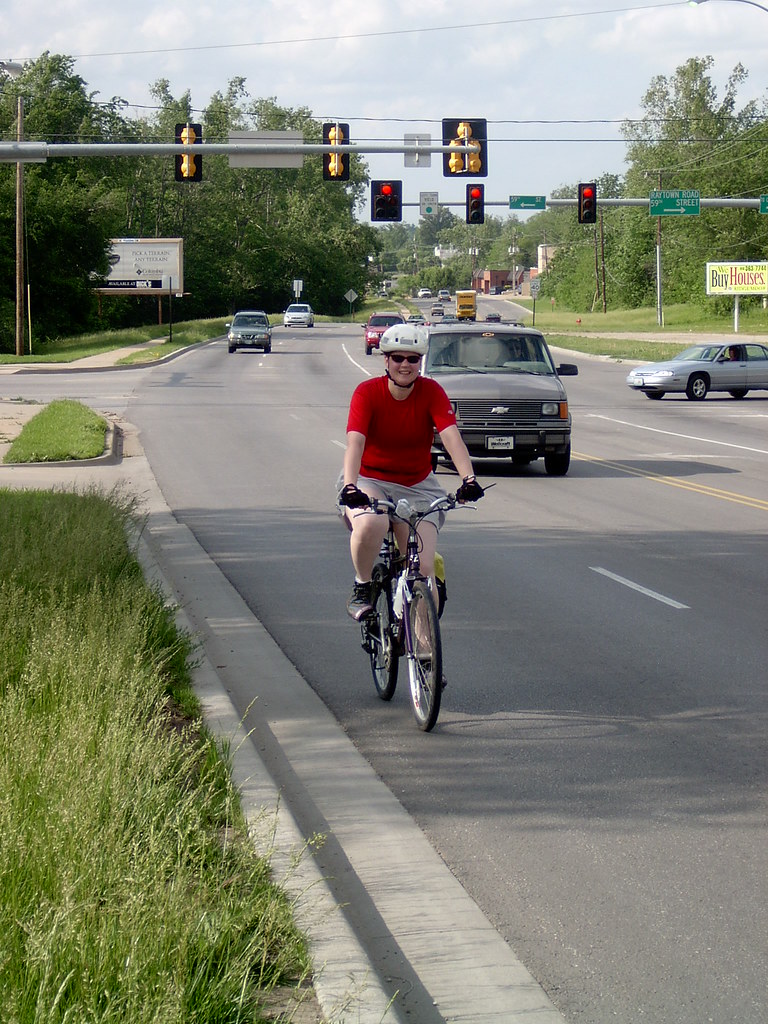Face it, the daily grind of a 9-5 job can sometimes feel like a relentless cycle of wake, work, sleep, repeat. Add a commute of 45 minutes to an hour each way, and it’s easy to see why many of us feel like we’re on a fast track to burnout city. But before you throw in the towel and resign yourself to a life of misery, let’s take a closer look at the impact of your commute and explore some strategies that might just help you reclaim your happiness and work-life balance.
Making the Most of Your Commute Time
The daily commute is a beast we all must tame, or at least learn to live with. You know the drill: you’re up before the sun, coffee in hand, bracing yourself for the unpredictable adventure that lies ahead on the road or rails. It’s not just the time it takes; it’s the uncertainty and the feeling of powerlessness when faced with delays and disruptions. Whether it’s a barge hitting a bridge or just the usual traffic snarls, these obstacles can turn your commute into a daily dose of dread.
It’s not just the inconvenience. The science is clear: long commutes are detrimental to our well-being. A study from the University of the West of England in 2017 highlighted that every extra minute of commute time chips away at our job and leisure time satisfaction, not to mention our mental health. The Ford Motor Company’s 2015 study echoed these sentiments, with 63% of European commuters being late to work at least once a month due to traffic. And let’s not forget the findings of Daniel Kahneman in 2006, which revealed that our morning commutes are often the most negative part of our day.
The implications are far-reaching. Mercer’s 2017 study linked longer commutes with depression, financial worries, work stress, obesity, and sleep deprivation. Meanwhile, a 2019 Australian study correlated longer commutes with more unplanned absences and lower levels of calmness, enthusiasm, and productivity. It’s a grim picture, but not an irreversible one.
What can we do if relocating or finding a job closer to home isn’t on the cards? How do we turn this necessary evil into something less soul-crushing? The answer lies in changing our approach to commuting. It’s about making the journey work for us, not against us.
Let’s talk about using your commute as a transition period. Harvard Business School researchers found that people who used their commute to mentally prepare for their next role—be it at work or home—were better off. They suggested activities like planning your workday or reflecting on personal and career goals. This mental shift can help you feel more in control and less like you’re just along for the ride.
Another tactic is to reconsider your mode of transportation. Driving may seem like the most convenient option, but it’s also the most stressful. Studies suggest that walking, biking, or using public transport can reduce the negative impact of your commute. Even if you can’t ditch the car entirely, consider walking or biking to a transit stop to incorporate some physical activity and reduce driving time.
Making your commute more social can also alleviate some of the misery. Kahneman’s study showed that commuting with someone reduces negative emotions. Carpooling, chatting with fellow passengers on public transport, or even just having a conversation with your rideshare driver can make the journey more enjoyable.
Developing a morning routine can set a positive tone for the day. Whether it’s checking the news, listening to a podcast, or simply sipping your coffee, having a set routine can help you feel more excited and less stressed about the day ahead. Remember, a commute isn’t inherently bad—it’s all about how you use that time.
In the next section, we’ll dive into practical tips to transform your commute from a daily dread to a more enjoyable experience. We’ll explore how to make the most of your commuting time, find joy in the journey, and strike a better work-life balance. Stay tuned for actionable advice that could turn your commute into one of the best parts of your day.

Finding Joy in the Journey
We’ve explored the psychological toll of commuting and some initial strategies to improve the experience, let’s dive into the practical tips that can transform your commute from a daily chore to a more enjoyable journey.
One of the first things you can do is to reclaim your time. Instead of viewing your commute as lost time, see it as an opportunity. Audiobooks, podcasts, and language learning apps can turn your commute into a mobile classroom or library. Imagine finishing a novel every week or becoming conversational in a new language just by using your commute wisely.
Consider the power of mindfulness. Meditation apps can guide you through calming exercises that help you start and end your workday with a clear mind. Even if you’re driving, you can practice deep breathing and focus on the present, which can significantly reduce stress levels.
Another tip is to switch up your routine. If you always take the same route, try a different one to add variety. If you’re on public transport, sit in a different seat or get off a stop early and walk the rest of the way. Small changes can make a big difference in your daily routine.
For those who have the flexibility, adjusting your work hours could be a game-changer. If possible, start and end your day earlier or later to avoid peak commute times. Not only can this reduce the time spent in traffic, but it can also lead to a quieter and more relaxed journey.
Don’t forget the importance of comfort. If you’re driving, invest in a good quality seat cushion or ergonomic back support. If you’re on public transport, bring a neck pillow or a good pair of noise-canceling headphones. Being physically comfortable can greatly improve your mood and well-being during the commute.
For the tech-savvy, there are numerous apps designed to make commuting easier. Traffic and navigation apps can save you from unexpected delays, while ride-sharing apps can provide alternatives to driving alone. Some apps even allow you to track public transport in real-time, so you know exactly when to leave the house.
If you’re looking for a more radical change, consider alternative modes of transportation. Cycling to work can be invigorating and is great for your health. If that’s not feasible, look into electric scooters or skateboards for a fun and efficient way to travel.

Remember, your commute doesn’t have to be a solo endeavor. Carpooling not only makes economic sense but also provides social interaction that can lift your spirits. Apps and community boards can help you find carpool buddies who share your route.
It’s essential to have something to look forward to after work. Plan evening activities that excite you, whether it’s a hobby, exercise, or spending time with loved ones. Having a post-work plan can give you a boost of motivation during your commute home.
While we may not be able to change the fact that we have a commute, we can certainly change how we experience it. By implementing these practical tips, you can transform your commute into a more positive part of your day, and in doing so, find a better work-life balance. Remember, it’s not just about getting from point A to point B; it’s about enjoying the journey in between. So, crank up that podcast, take a deep breath, and reclaim your commute as your own personal time to relax, learn, and prepare for the day ahead. Here’s to happier commuting!
Related posts:
Your Commute Is Bad for You, Here’s How to Make It Better
Why You Feel Stuck in Your Miserable Job & How to Break the Cycle of Pain
How Long Commutes To Work Effect Health & Happiness





